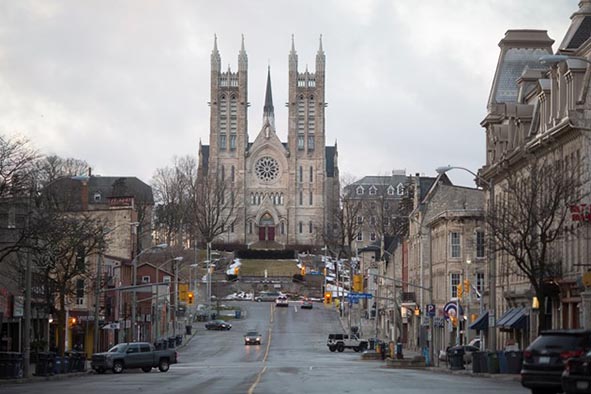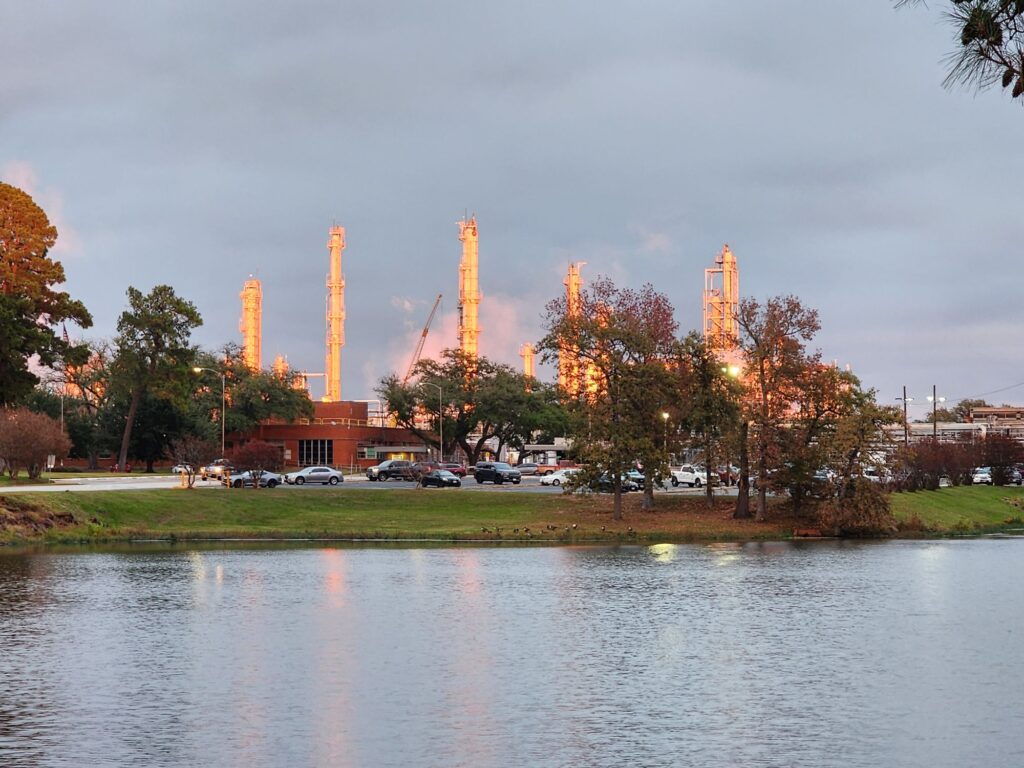
Guelph Region Ninth in Canada for Expected Growth in GDP
30 Apr, 2018
The Conference Board of Canada, a national, independent research organization, has projected economic growth in the Guelph region at 2.2 percent in real gross domestic product (GDP). The Guelph region includes the City of Guelph, and Guelph/Eramosa and Puslinch Townships.
The Winter 2018 Outlook report states that Guelph’s economy has performed strongly in recent years and is expected to continue to grow above the provincial pace for both 2018 and 2019. Guelph’s expected real GDP growth in 2018 is the ninth highest in Canada and is one of only three Ontario cities in the top 10, along with Toronto and Oshawa.
“We expect Guelph to enjoy continued albeit slower growth in the next two years, with GDP advances of 2.2 per cent and 2.1 per cent in the cards for 2018 and 2019 respectively,” the report states. “Both these figures will slightly exceed the provincial pace [2.0 per cent for both years].”
“This report is further proof that Guelph is a great place for businesses looking to open or expand in Ontario,” says Scott Stewart, deputy chief administrative officer of Infrastructure, Development and Enterprise for the City of Guelph. “Guelph is no longer a city that is stumbled upon; we are national growth leaders, and people are taking notice.”
The report highlights Guelph’s manufacturing sector as a major contributor to real GDP growth noting, “Output expanding by an average of 3.5 per cent annually in 2010-17, including a 4.0 per cent burst in 2016. Guelph’s manufacturing output is forecast to expand by a relatively modest 2.3 per cent in 2018; this will still exceed Ontario’s projected 1.4 per cent.”
“Guelph’s diverse economy continues to be headlined by strength in its manufacturing sector, which has enjoyed a strong run since the end of the 2009 recession,” says Alan Arcand, associate director for the Centre for Municipal Studies at the Conference Board of Canada. “Its major university and location in Ontario’s burgeoning Greater Golden Horseshoe has contributed to population growth well above the national average for the last 20 years.”
The report also forecasts a 1.5 per cent growth in employment in Guelph for 2018. Guelph’s employment has grown consecutively over the past five years. As a result, Guelph’s unemployment rate is projected to fall from 5.4 per cent in 2017 to 5.1 percent in 2018, and 5.0 per cent in 2019.
Related Posts
-

Four Business Expansions Bring 144 Jobs to Kent, Bay Counties
-

Sodexo Opens Its New North American Headquarters
-

FUJIFILM Diosynth Invests $1.2B in Holly Springs, North Carolina, Manufacturing Facility, Creating 680 New Jobs
-

Eastman’s second U.S. molecular recycling facility will be in Longview, Texas
-

Wisk and the City of Sugar Land, Texas, Partner to Bring Autonomous Air Taxis to the Greater Houston Region
-

SOLARCYCLE to Create 600 Jobs in Polk County, Georgia at First-of-its-Kind Solar Panel Glass Plant
-

Lake Charles Methanol Announces Plan for New $3.2 Billion Manufacturing Plant in Southwest Louisiana
-

Siemens Energy Selects Mecklenburg County, NC For Upcoming Expansion
-

Governor Moore Announces AstraZeneca to Expand Manufacturing Operations in Montgomery County, Maryland
-

Louisiana Tops $25 Billion in Capital Investment in 2023, Marking Seventh Straight Year of Economic Development Growth









